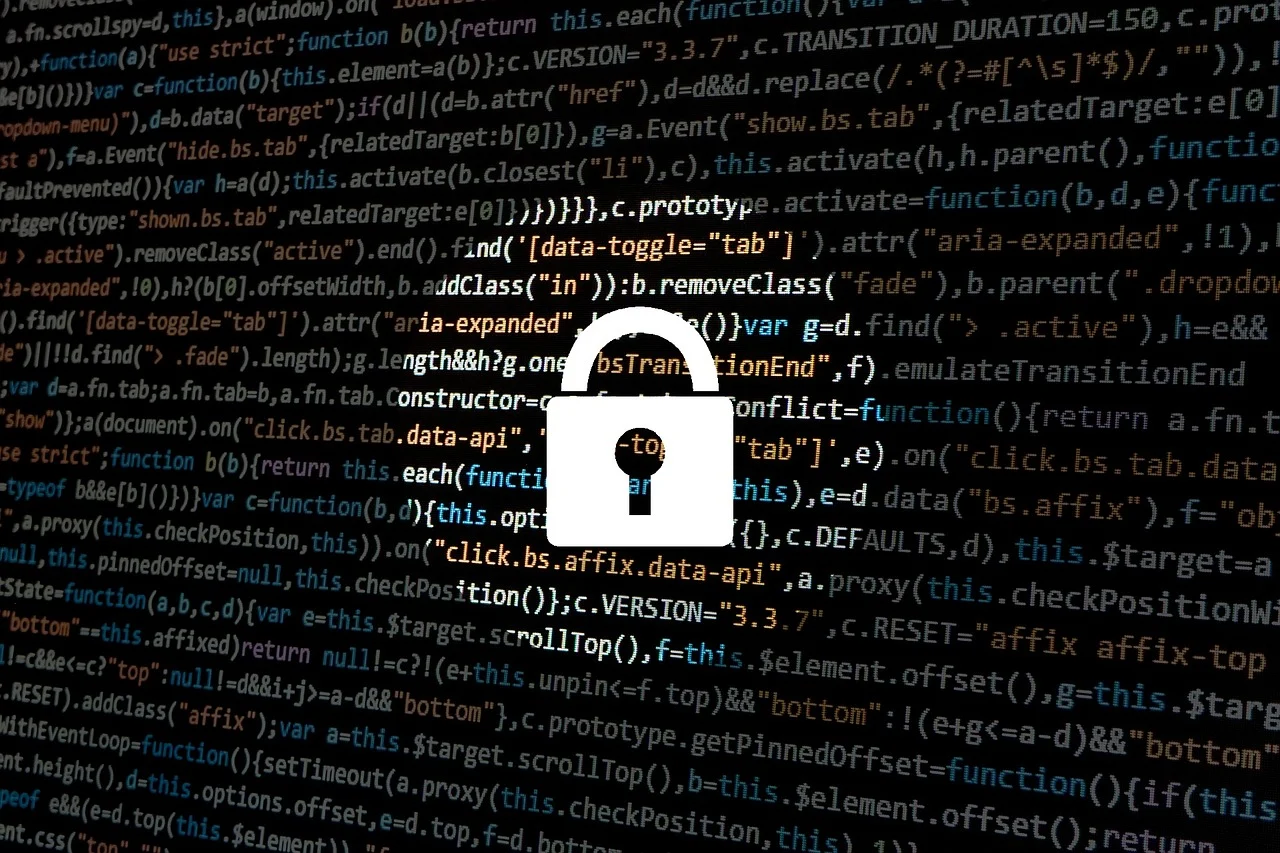
https://pixabay.com/illustrations/hacker-hacking-cyber-security-hack-1944688/
In today’s interconnected world, technology companies face an elevated risk of data breaches and cyberattacks. Such instances can have disastrous consequences, including monetary losses, damage to one’s reputation, and legal penalties.
To lower these risks, tech companies are turning more and more to cyber liability insurance as a crucial part of their risk management plan. This article delves into the significance of cyber liability insurance and how it effectively safeguards tech companies against the ever-evolving landscape of cyber threats.
The Escalating Threat Landscape
Cloud-stored data was breached in 82% of the cases. Businesses need to find solutions that safeguard data as it travels across clouds, databases, apps, and services and offer visibility across hybrid environments.
According to Sahouri Insurance, the rapid digitalization of business operations has resulted in tech companies becoming prime targets for cybercriminals. These attacks can lead to the theft, loss, or unauthorized disclosure of sensitive data, disrupting business operations and inflicting substantial financial harm.
The Financial Toll of cyber-attacks
The global average cost of a data breach in 2023 was USD 4.45 million, a 15% increase over 3 years, according to IBM Data Breach Report.
This figure encompasses expenses associated with incident response, legal fees, regulatory fines, customer notifications, and potential lawsuits. For small and medium-sized tech companies, the financial burden of such incidents can be particularly challenging to bear.
Knowing About Insurance for Cyber Liability
The purpose of insurance for tech companies, commonly known as cyber insurance or data breach insurance, is to help companies pay for the financial losses and liabilities brought on by cyberattacks and data breaches. It offers protection against a number of issues, such as first-party and third-party hazards.
First-party coverage protects the insured tech company itself by reimbursing costs incurred during incident response and recovery. This may include expenses related to forensic investigations, data restoration, public relations, business interruption, and payments in response to ransomware incidents.
Third-party coverage aims to safeguard the insured company from legal liabilities arising from cyber-attacks. It pays for legal fees, settlements, penalties imposed by authorities, and compensation to impacted parties—like clients or business associates.
Key Benefits of Cyber Liability Insurance
1. Financial Protection: By paying for incident response, recovery costs, and legal responsibilities, cyber liability insurance lessens the financial impact of a cyberattack. It provides a safety net that allows tech companies to rebound from such incidents without suffering severe financial losses.
2. Reputation Management: A data breach or cyber-attack can significantly damage a tech company’s reputation. Cyber liability insurance often includes resources for managing public relations and communicating with affected parties. By preserving the company’s reputation, it helps maintain customer trust and loyalty.
3. Compliance Support: Specific data protection laws and compliance standards apply to a wide range of sectors. Cyber liability insurance providers typically offer resources and guidance to help tech companies navigate these complex regulations, reducing the risk of non-compliance and potential penalties.
4. Incident Response Expertise: Cyber liability insurance providers have access to a network of experts in incident response, such as forensic investigators, legal counsel, and public relations specialists. Their expertise proves invaluable in effectively managing cyber-attacks and minimizing their impact.
5. Tailored Coverage: Cyber liability insurance policies can be customized to meet the unique needs and risk profile of each tech company. Coverage can be adjusted based on factors such as the company’s size, industry, data assets, and specific cyber risks it faces, ensuring comprehensive protection.
Tech firms need to put cybersecurity and risk management first since the threat landscape is always changing. Cyber liability insurance is a crucial tool for protecting these companies against the financial and reputational damage caused by data breaches and cyberattacks.
By providing financial resources, expertise, and tailored coverage, cyber liability insurance empowers tech companies to navigate the challenges of the digital age with confidence and resilience.
Investing in cyber liability insurance is a proactive step toward safeguarding valuable assets and ensuring the long-term success of tech companies in an increasingly interconnected world.
Frequently Asked Questions (FAQs)
What is cyber liability insurance?
Cyber liability insurance is a policy that helps businesses recover from financial losses and liabilities resulting from cyber-attacks and data breaches.
Why do tech companies need cyber liability insurance?
Tech companies face a high risk of cyber-attacks and data breaches. Cyber liability insurance provides financial protection, reputation management, and compliance assistance.
Can cyber liability insurance be customized for each tech company?
Cyber liability insurance policies can be tailored to the unique needs, size, industry, and specific cyber risks faced by each tech company.
Leave a Reply